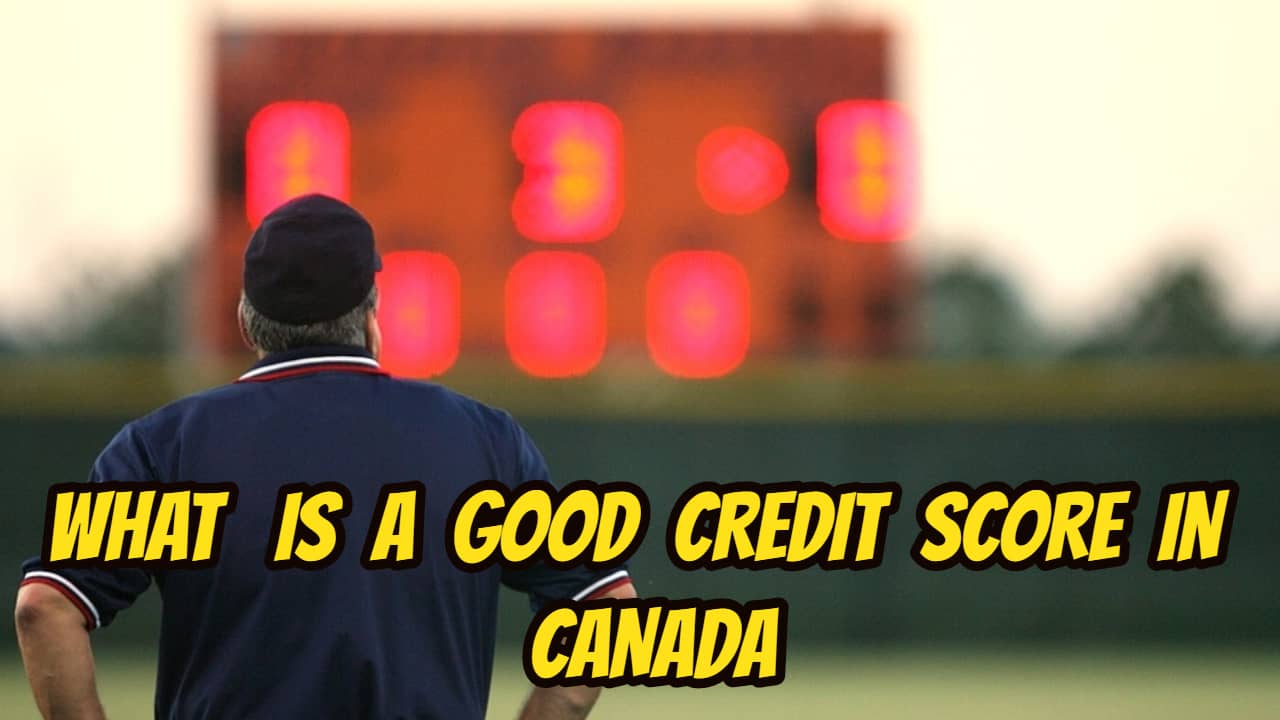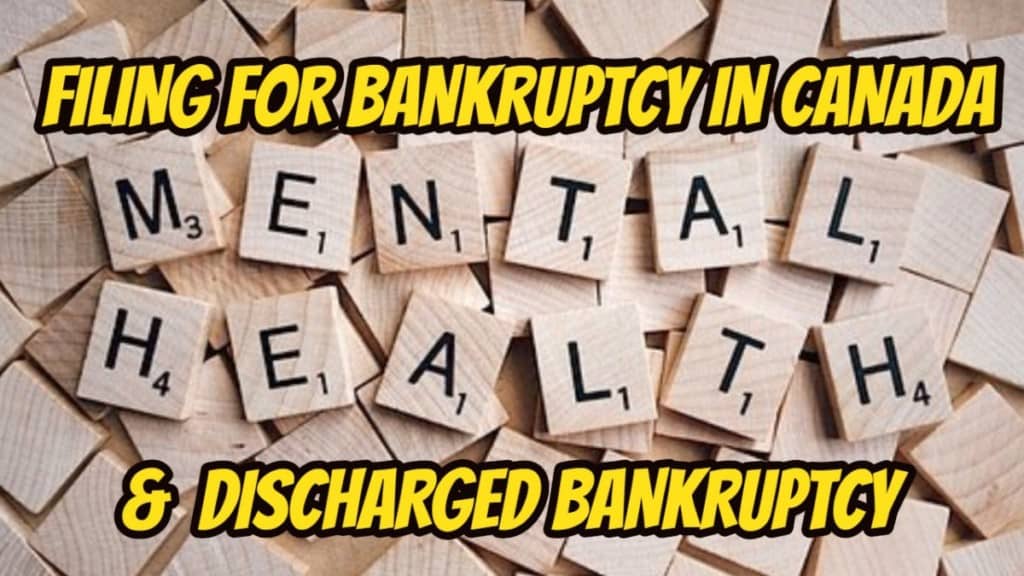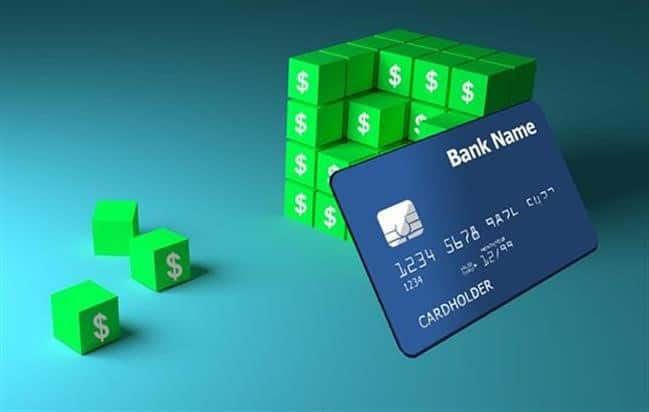[monkeytools msnip=”http://monkeyplayr.com/playr.php?u=5173&p=20479″]
What is a good credit score in Canada: Introduction
I have previously written reviews of the two main companies that can give you your credit score for free in Canada. The two are Credit Karma Canada and Borrowell. It is one thing to know what your credit score is. But what does that number mean? Do you have control over how to increase your credit score? To answer those questions, you must know the topic I am writing about in this Brandon’s Blog. What is a good credit score in Canada?
Your credit rating
There are three main points you need to learn about your credit rating. In Canada, your credit score is a number between 300 and 900. Lenders use this to forecast just how likely you are to be responsible with the money they are considering providing you. Will you pay back the cash you are asking they fund you?
The greater your score number, the more probable you are to be an excellent wager to be able to pay back what you owe. Your credit history is composed of five elements:
- Your payment history composes 35%.
- How much debt you owe comprises 30%.
- The length of your history makes up 15%.
- 10% comes from the sorts of loans or credit cards you have.
- Just how often you typically apply to borrow has a 10% effect.
A better understanding
Let’s drill down on this a little more. The greatest chunk is your repayment history. This checks out whether you’re making your payments on time. If you’re late on repayments, exactly how often are you late or are there financial obligations in the enforcement and collection process. How much debt you owe takes into account how much debt is owed and how much borrowing room is still available to you.
The length of your borrowing history considers how long you’ve had your loan products for. The longer you’ve had them the better it is for your history. Types of credit look at the range of items you have. A brand-new application is when you ask for a new loan. New loan applications stay on your report for three years. Applying many times decreases your score.
The theory is that if you keep applying, you are having 2 problems. The first is that you keep needing new loans for some reason. The second problem is that you must keep being turned down in order for you to need to keep applying.
Hard and soft hits
When you apply for a new loan, the potential lender performs a check on you. This produces what is known as a hard hit which can negatively impact your score. When you pull your own reports, such as through Credit Karma Canada or Borrowell, this makes what they call a soft hit. This won’t negatively impact your score.
How often should I check my score?
You might be wondering do you need to look at your own score monthly? I am here to tell you that you don’t. Your rating adjusts throughout the month based on the five items I spoke of above. So your rating can look different from month to month.
If you’re exercising excellent credit rating behaviour a new report will certainly show that. Likewise, if you are not acting responsibly, your report and your score will show that. What I do recommend you do is check your rating by pulling an annual credit report. You do this to ensure that your record is exact and there are no errors in it.
The most effective time to check the accuracy of your report would certainly be prior to you making a huge purchase for something like a home or vehicle. You recognize that your lender will certainly perform a check. It is to your benefit to make sure everything on your rating profile looks good and is error free.
In that situation, where a lot is riding on the precision and completeness of your report, you would go directly to the two main score rating companies in Canada; Equifax Canada and TransUnion Canada. You will certainly have to pay for them to generate an Equifax or TransUnion score and history report for you. What you pay them to understand that your record is precise and totally error-free is worth that peace of mind.
4 things you must know about your score
To summarize, the 4 things you must know about your score are:
- Your credit score in Canada is a number between 300 and 900.
- Lenders use your credit score to forecast just how likely you are to be responsible with the credit they are considering providing you.
- The greater your credit score number, the more probable you are to be an excellent wager to be able to pay back what you owe.
- Your credit history is composed of five elements:
- your payment history composes 35%;
- how much debt you owe comprises 30%;
- the length of your credit history makes up 15%;
- 10% comes from the sorts of credit you have;
- just how often you typically apply for new credit has a 10% effect; and
- lastly, you don’t need to check the credit score all the time.
You might have a concern about, and ask yourself, is Credit Karma Canada safe? Is Borrowell safe? The answer is yes, but you still may have a concern. You are providing each of them with very personal information about yourself when you first sign up for their respective services. Then they do on a regular basis perform a credit score check on you. These are soft hits, so it won’t affect your score. However, they are updating your private personal information which stays on their database. Anytime such sensitive information is on a computer server, there is, of course, a danger from hackers.
The reason they regularly check your credit situation is so they can then send you an email about any change to your credit score – good or bad. They do this for two reasons. The first is to alert you about their latest finding of your credit report. The second reason is to give you a reason to go to their website. Their hope, of course, is while you are on their site seeing the change to your credit score, perhaps you will stay and look at some of the products they offer to produce revenue for themselves.
What is a good credit score in Canada: What about you?
I hope this what is a good credit score in Canada blog has helped you gain a better understanding. Question: Have you lost the ability to borrow because of a bad credit score? Are you having trouble making your monthly payments? Is your business dealing with financial challenges that require to be addressed immediately?
Call the Ira Smith Team today if so. We have years along with generations of experience aiding people and companies looking for financial restructuring or a debt settlement plan. As a licensed insolvency trustee, we are the only professionals recognized, licensed and supervised by the Federal government to provide insolvency advice and services to assist you to stay clear of bankruptcy.
Call the Ira Smith Team today so you can end your stress, anxiety and pain today. With the roadmap we develop unique to your situation, we will swiftly return you right into a balanced, healthy and carefree life.
You can have a no-cost assessment to assist you to repair your credit and debt troubles. With you, we will uncover your financial discomfort points and use a method to rid them from your life. This will absolutely allow you to begin a fresh start, Starting Over Starting Now.